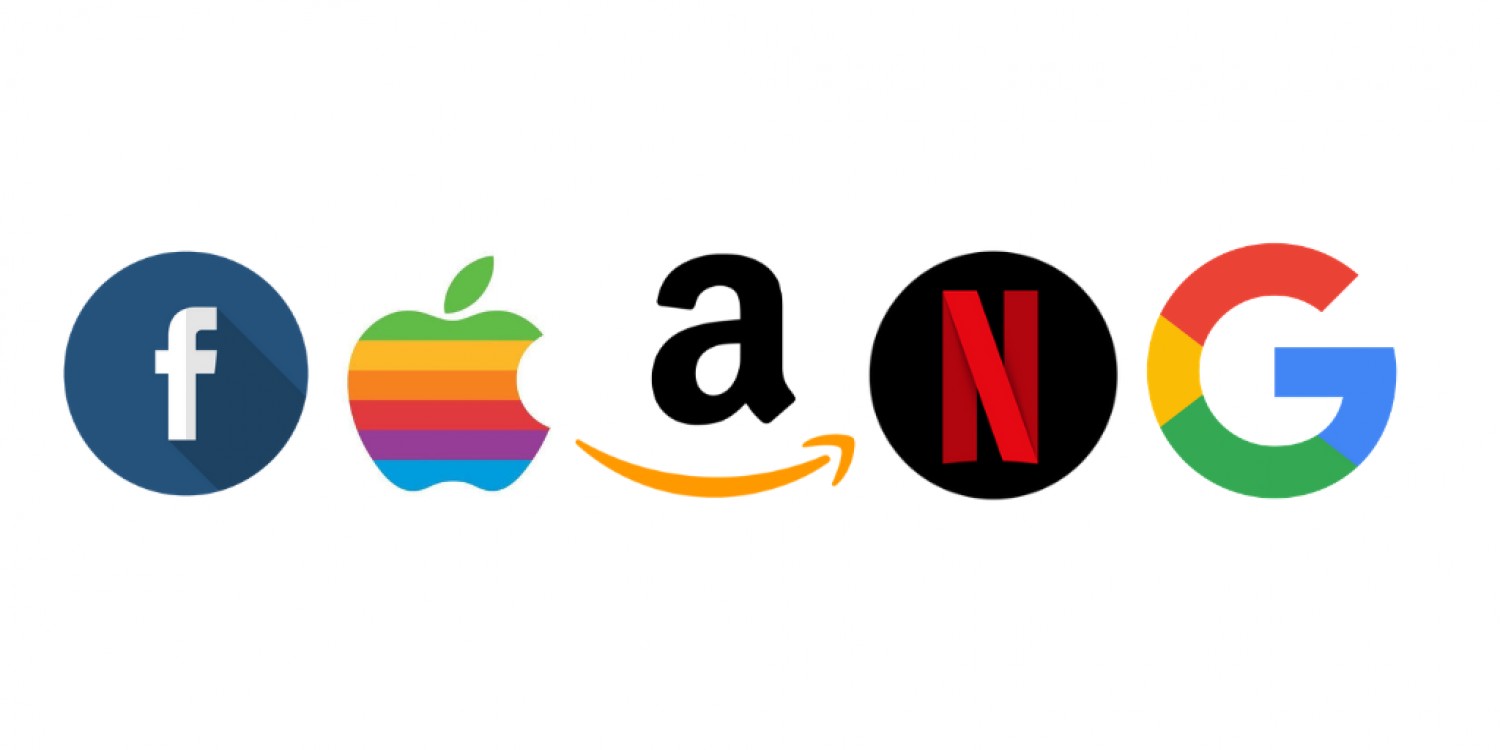We feel left out when people talk about technology innovations using fancy big words and acronyms we have no idea what they mean. So, we search through Google, Reddit, Twitter, and Quora to learn about them. Before we could say Jack Robinson, it’s trending on the internet. An example is when people are asking questions like what’s the roadmap to FAANG and Big N companies. Does that even make sense? Of course not. But that’s not what the internet is interested in. Are people talking about it a lot? That’s what the internet cares about. If people are asking questions or talking about it, so will the internet. Things start trending when people like you and I keep talking about them. It does not matter whether we have any idea about them or not. Our limited knowledge of things plays a role in our curiosity and the feeling of not wanting to be left behind pushes us to ask questions and search for answers to what FAANG and Big N companies are all about. We search for their net worth. We argue and question everything about them. We even look into interview questions they ask their candidates. Yes, the extent humans go in search of answers is crazy. Some people help us answer them, some counter those answers and arguments ensue. It's like an unending circle.
You could see why these companies are trending right now. If you are feeling left out already, Big N companies are what we already know. Funny how the internet makes the same thing seem different. We end up trying to know what we already knew. Big N companies are the most notable technology companies you can think of. At this point, Google, Facebook, Twitter, Microsoft, etc. might have crossed your mind. You are right, they are the Big N companies. There are at least 500 of them, also called the 500 fortune companies.
Almost everyone talks about them. Big N companies are mostly public trading companies, a handful of them are in talks to go public. They offer the highest-paying jobs. No wonder many talents dream of working for any of them for obvious reasons. Employees working at the so-called Big N companies seem to be enjoying a work-life balance and the best employee benefits in the industry, unlike freelancers. It doesn’t mean freelancers do not enjoy a work-life balance, don’t get me wrong. Although most freelancers don’t earn as high as most employees working at Big N companies, freelancers need to learn some life skills that can help balance their work and life better than anyone, and that's super healthy. Good health is the wealthiest asset anybody can have. For most employees working at Big N companies, joining a startup almost invariably means taking a pay cut. So, when they leave a Big N company, they move to another tech giant that offers the same or similar compensation. Freelancers can make any of these companies one of their clients, unlike employees because I’ve worked with quite a few of them in the past through an agency. So, believe me when I say there are moves top freelancers can make to keep winning clients that are Big N companies. Big N companies and FAANG are not the same, but there is a mix here. Out of the 500 fortune companies, FAANG stood out the most. This is because of their stocks. They have the most well-known and best-performing tech stocks, and they are just five in number; FB, AMZN, AAPL, Netflix, and GOOG owned by Facebook, Amazon, Apple, Netflix, and Alphabet respectively. It is believed that investors grouped these companies into one acronym to capture the collective impact they have on the market.
As of March 2019, the market capitalization of these companies was equal to $3.1 trillion. FAANGs' root boils down to FANG — the original acronym when CNBC's Jim Cramer came up with the term in February 2013. This was before the acronym for Apple came on board. "Put money to work in the companies that represent the future," Cramer told the audience. "Put money to work in companies that are dominant in their market, and put money to work in stocks that have serious momentum." Cramer calls FANG "minted profits" for investors. Morningstar, one of the top research firms, calculated that the original four companies, excluding Apple, in the acronym had earned 691% in profits for investors between June 2013 to August 2018. The majority of employees that leave FAANG or Big N companies to join a startup or start one do that for personal reasons. Reasons like wanting to work in a workplace where they can have a better impact, a chance to influence new cutting-edge technologies, or to be an early employee with some equity stake in the startup and hopes it will become the next tech giant. Some freelancers have personal reasons why they left FAANG or Big N companies as an employee to freelance for startups. Someone like Roscoe Juckett once told me why he left Facebook to start freelancing. "I was feeling stuck, so I had to resign. Working with startups on freelance was one way I could bring in my skills to solve real-world problems and also explore different areas of the tech scene. The experience is fulfilling" I met Roscoe in 2018. We were both hired to work on a CRM project. He was the full stack developer guy and I was the virtual assistant and content lady. Well, enough of our story. Many believe these giant companies have some secrets that help them keep making billions of dollars. They are damn right. There is a secret that makes them keep ranking such an amount of money. It is their strength, so powerful and dynamic. The strength of FAANG and Big N companies lies in their workforce. Steve Jobs, one of the founders of Apple said something when he was alive. He said, "The secret of my success is that we have gone to exceptional lengths to hire the best people in the world”. It's got so serious that Steve Jobs, Eric Schmidt, and other prominent executives got involved in a $400M lawsuit and they later settled it for $415M. In a nutshell, anyone working for them or working with them is their source of strength. FAANG and Big N companies know the workforce of the future will no longer be made up of full-time employees. While they have their careers pages filled with job offers targeting those that want to join them as employees, do not let that fool you. They are quietly building a Blended workforce that includes employees and workers in the gig economy such as freelancers. So why would they do that? Are there not enough employees? If wishes were horses, beggars would ride. There is a war currently going on. Yes, the war for talent. Just as Hourspent mentioned in a tweet, the winners will be those that deploy strategies to strengthen their “blended workforce". FAANG and Big N companies must keep fighting this war to survive. They cannot win this war if they are relying on their employees. It is projected that by 2027, 86.5 million United States residents will be freelancing. That’s 50.9 percent of the total U.S. workforce. Have you seen why they are hiring freelancers? FAANG and Big N companies cannot scale much faster without a blended workforce. I get it, many talents are super eager to work for FAANG and Big N companies. The majority of these talents are millennials. Genz said that some of the FAANG and Big N companies like Google and Facebook are harmful and won't work for them. That leaves us wondering how the future will play out. For now, let us call it a day.
If you enjoy any of my articles and would like to hire me to help with your marketing strategy, content writing, etc., Click on the “Hire me” button just right close to my name or visit my profile and click on “Work with me”. 
